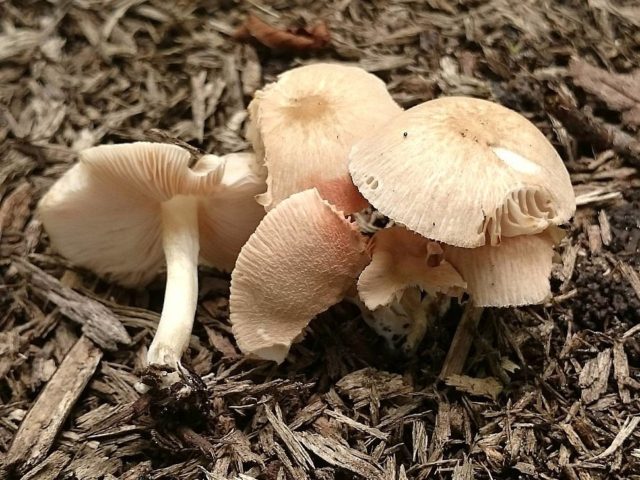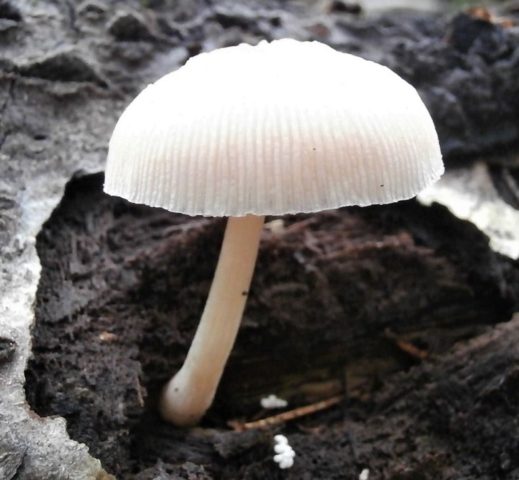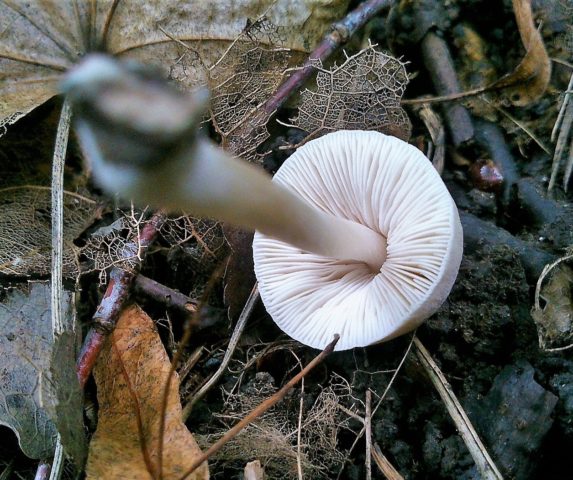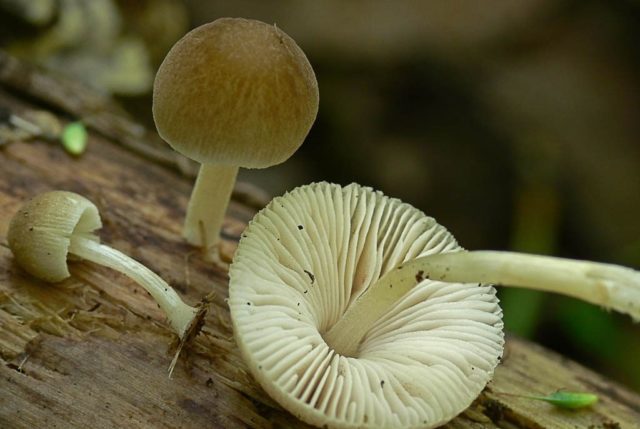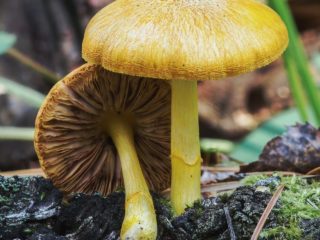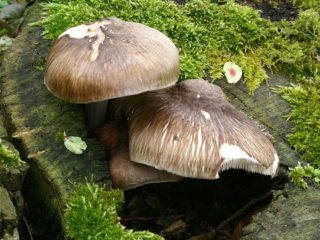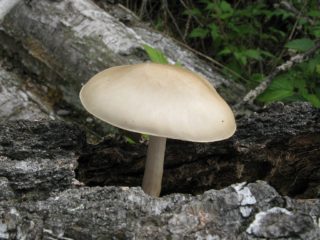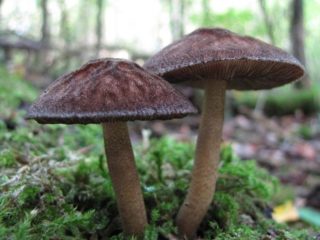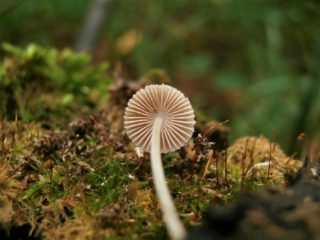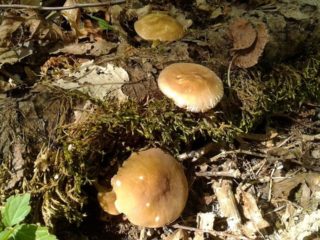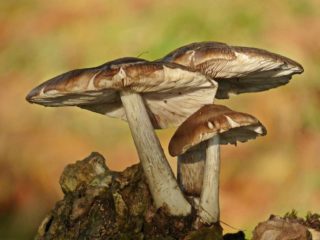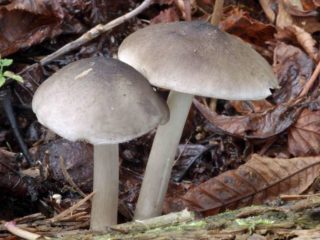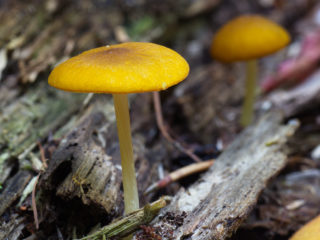Content
The Pluteev family includes several hundred different species. Many of them are poorly understood. Tuberous (clubfoot) is a little-known mushroom of the genus Pluteus. It is popularly called clubfoot, half-bulbous or thickened.
What does the tuberous lily look like?
Like many other fruiting bodies of the Pluteev genus, the tuberous species is very small. It is distinguished by the proportional sizes of the cap and legs, which can be seen in the photo:
Description of the hat
The cap is small, thin, 2-3 cm in diameter. In young mushrooms, it is bell-shaped, later becoming prostrate. Pale pink, sometimes yellowish surface, slightly wrinkled, with a small tubercle in the middle. Radial fibers, similar to grooves, extend from it. White, over time, slightly pink plates on the inside are free.
Leg description
The leg is low, only 2-3 cm, has the shape of a cylinder. In some mushrooms, it is curved. It is covered with fibers that look like flakes. At the base, the leg thickens, forming a small tuber. Sometimes mycelium is visible on it. The flesh of the leg and cap is white, odorless and tasteless.
Where and how it grows
Like other Spits, this saprotroph is found on rotten foliage, decaying tree trunks, and sometimes just on open ground in mixed and deciduous forests. Its geography is wide.
Tuberous crab grows from August to October:
- in Europe, except for the Iberian Peninsula;
- in North Africa;
- in Asian countries, for example, Azerbaijan and Armenia, China and Japan.
In Russia, this fruit body was seen in Primorye, on the territory of Yakutia. In the western part of Russia, it was found in the Samara region, in the area of the Zhigulevsky reserve.
Is the mushroom edible or not
The mushroom is considered inedible: due to its small size and lack of any taste, it has no value. Scientists do not speak about its toxicity.
Doubles and their differences
Some mushroom pickers confuse tuberous sticks with velvety-legged spitting. But this species is twice as large as tuberous. The surface of the cap is also different: it is velvety, gradually small scales appear on it. The color of the cap is amber, sandy-brown, even brown. It is found in the same areas as the tuberous roach.
One of the edible spitters is deer:
Conclusion
Tuberous roach is poorly studied. Therefore, mushroom pickers need to be careful not to allow this species to end up in the basket. Many members of the species can be hallucinogenic.
